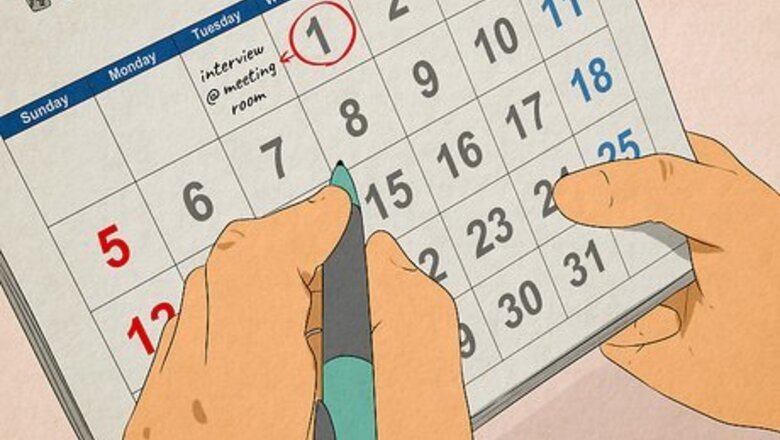
views
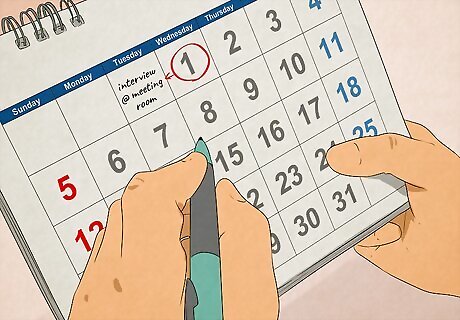
Schedule the time and place for interview(s). This is one of the most important steps, and can have a significant bearing on how successful the resulting interviews will be. Key steps in preparation include: Make sure you and any other interviewers will have enough time to conduct the interviews. Find an appropriate place for the interviews (your office may not be a good idea if you are likely to keep getting interrupted). Interviews over lunch or dinner can be valuable to assess a candidate in a more social setting, but the discussions tend to be less formal. Unless you know a really discrete restaurant, it can be much harder to discuss sensitive or confidential matters (such as compensation or reasons for leaving a previous position). Prepare yourself for the interview. If you are busy and likely to have other meetings right before the interview, make sure you have all the documents you need (including a blank pad to write on) before the interview time.
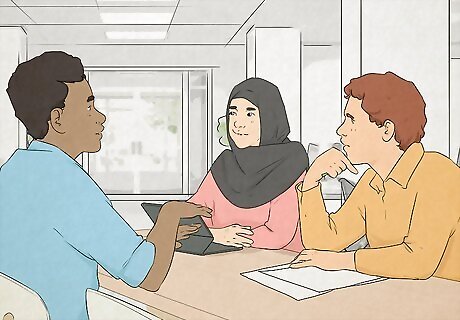
Unless you are the only one who cares who you hire - you will need other people to interview. Some ways to optimize the interview process include: Make sure all interviewers know as much about the candidates as possible. Ensure each interviewer has a copy of the candidate's resume and any notes that may be appropriate to share. It is best not to color other people's thinking, so facts should be shared objectively rather than selectively. Agree on unique questions for each interviewer to ask - candidates can get really tired of the same old questions over and over. If possible, let the various interviewers cover different topics - this also gives the candidate a broader sense of the team he or she will be joining. Develop a list of specific questions to ask the candidate based on their resume and any other information you may have (such as the results of a telephone screening interview). Be sure all interviewers are aware of the questions you are legally not allowed to ask in an interview (see Warnings below). Typical questions include: Why are you looking to change positions? Why did you leave your last employer? How much travel would you be comfortable with? What did you like best/least about your last position? What do you think you are best/worst at? What is the biggest mistake you ever made? What did you learn from the biggest mistake you ever made? What kind of working environment suits you best ?
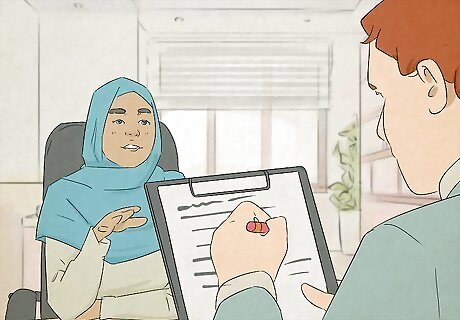
Take notes during the interview. It is very useful to have records that you can refer to later. Don't be afraid to let the conversation go quiet as you write your notes. Take this opportunity to observe the candidate. Are they anxious and saying anything just to keep the conversation going, or are they relaxed and confident, ready to respond to your next question? Useful things to note include: Initial impressions (as they relate to the candidates' suitability for the position) Specific questions that you may want to ask later in the interview Note observations of specific strengths or challenges for the candidate (it sounds obvious but you may not remember these later, especially if you have a lot of interviews on the same day) Note anything you may want to check on later (dates, times, mutual connections, etc)
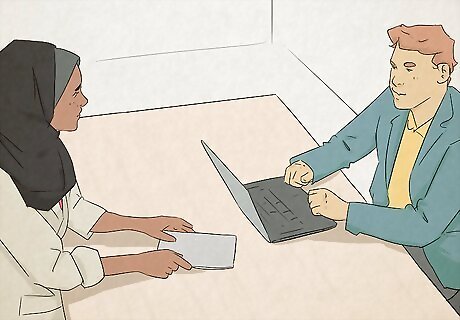
The body language One of the first aspects to keep in mind is the confidence levels, eye contact and the body language that the interviewee presents. To be very frank, you would have to connect the answers that he or she provides along with the body language that you can see.
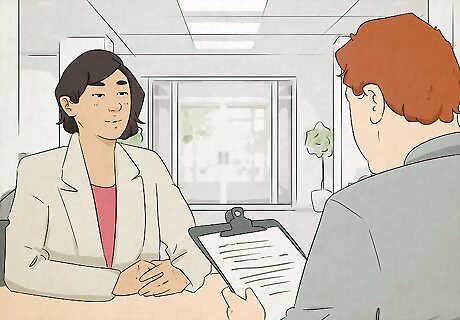
The body language of the interviewee will tell you as to whether he actually means what he says or whether he is just telling you the answers by rote.

Allow the candidate time to ask any questions of you. You can learn a lot by the questions they ask: Are they truly interested in the position? What are their expectations of the position, employer, supervisor? Did they do their homework and research your company and position? Do their questions demonstrate an ability to assess and be compatible with your company's culture?

Soon after the interviews are concluded, get together with everyone that met the candidate(s) and discuss overall and specific impressions. An agenda for this discussion should include: Potential red flags as to why you may not want to hire this person (if one or more significant ones, the discussion can stop right there) Specific strengths and weaknesses of the candidate relating to the position. Achieving consensus, if possible, as to whether the group feels this candidate should be hired or not. This may not be the final decision, but it does give all interviewers a sense that their part of the process is important and has been completed.

















Comments
0 comment